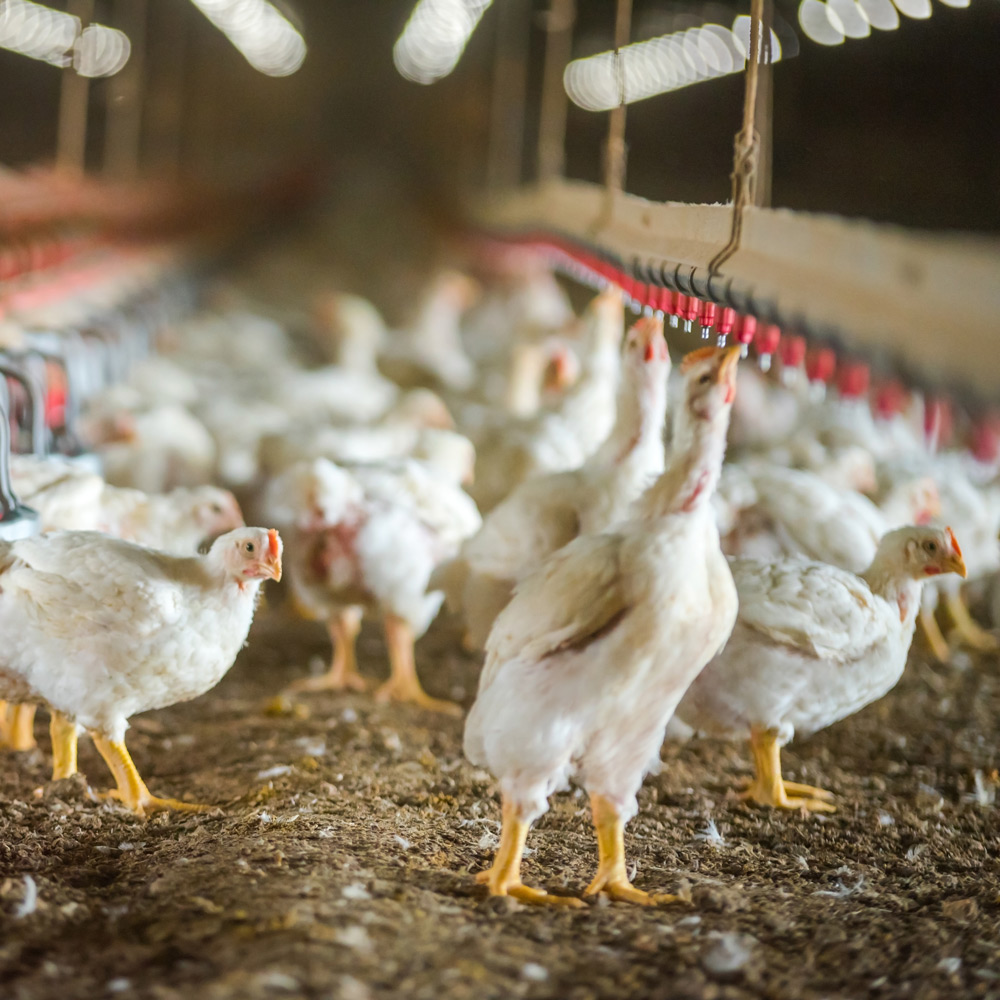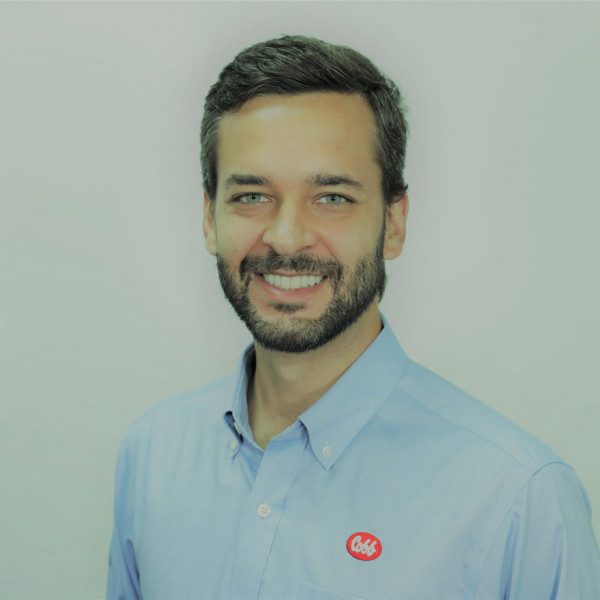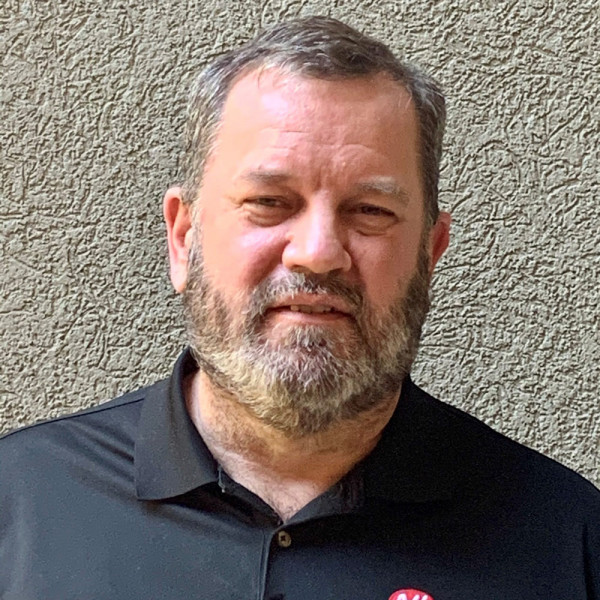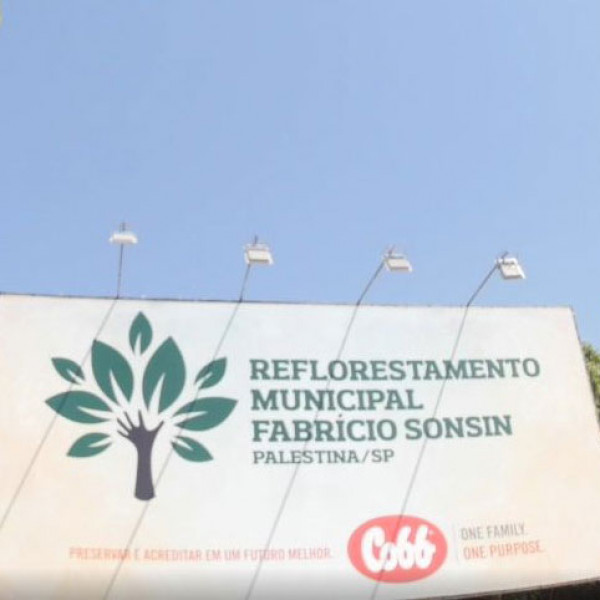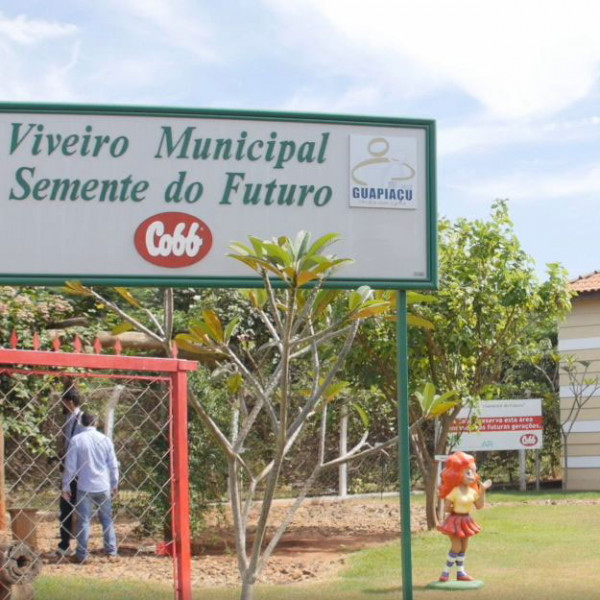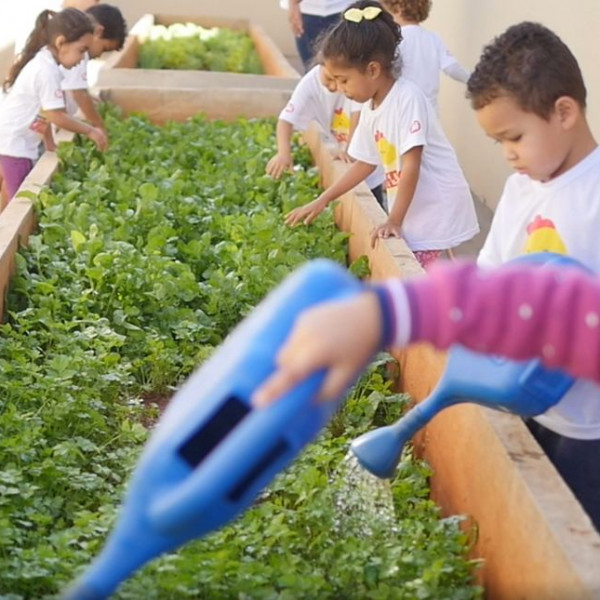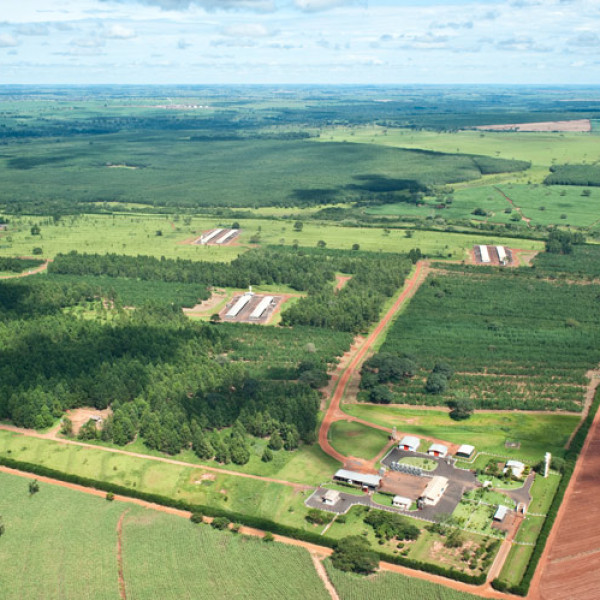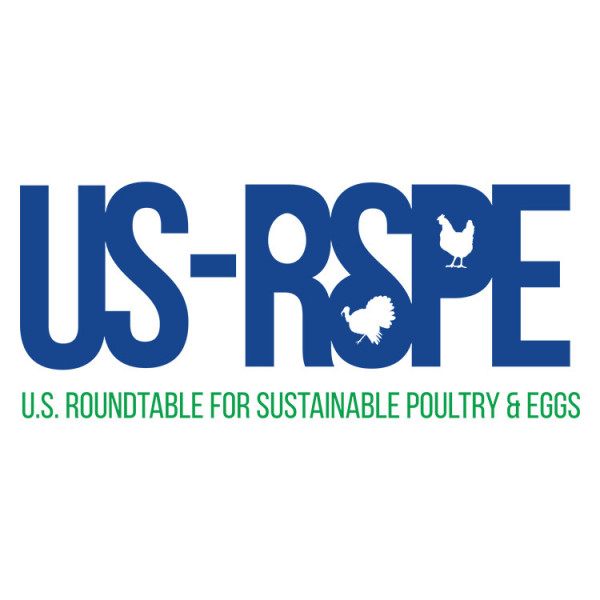Our approach for environmental stewardship is to plan, do, check and act. This model is compliance-focused, customized for each country where we have farms, feed mills and hatcheries, and demonstrates Cobb’s commitment to engage in continuous improvement for environmental excellence at each of our global locations. The goals of our environmental policies are to minimize environmental impact, conserve natural resources, allocate necessary resources to achieve national standards, and continuously monitor, measure, and analyze our stewardship outcomes. These methods ensure Cobb achieves our goals of compliance verification, enhance our understanding of environmental responsibilities, and focus on our efforts on continuous improvement at each of our global locations. In addition to our environmental policies that confirm oversight and compliance for our global locations, Cobb’s corporate commitment to improving sustainability traits of our poultry genetics has exponential environmental benefits for the worldwide poultry industry. Genetic selection and subsequent improvements in feed conversion, water usage, meat yield, and egg production have resulted in the poultry industry leading the way for agriculture on sustainable production practices. being one of the most sustainable sectors in modern agriculture. We’re proud to be part of this evolution & progress for sustainable agriculture!


